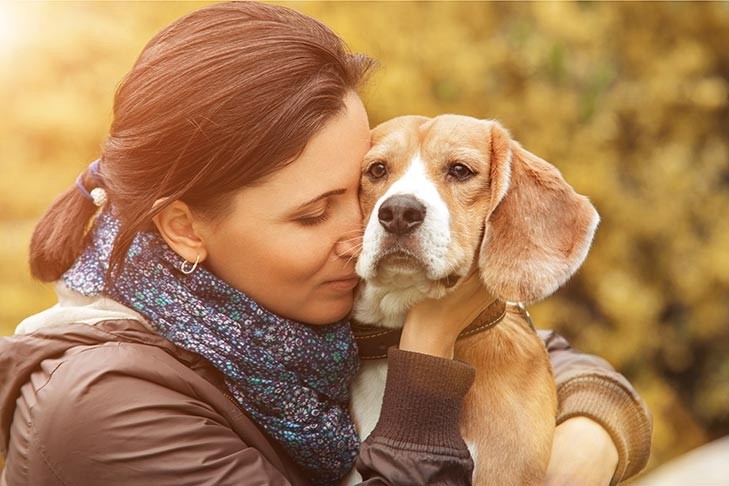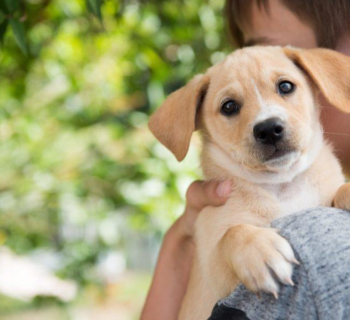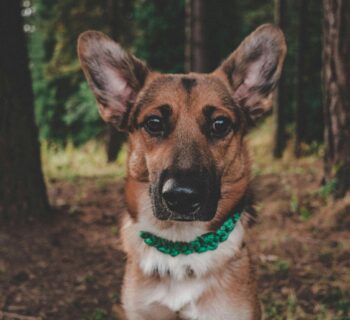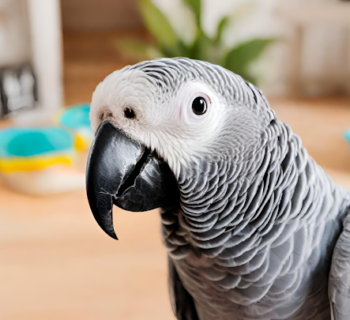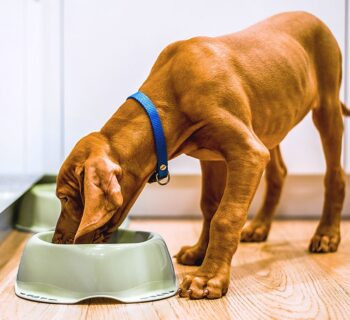The quality of veterinary care and food for senior dogs today allow small dogs or miniature breeds to live up to 15 years or more. Your veterinarian will be able to tell you your dog's life expectancy, which generally depends on its size and breed. With good medical care, a healthy, age-appropriate diet, and a home full of attention and love, your pet can expect to spend many years with your family. To Boost a Senior Dog’s Energy you need to know the following.
How to Help Your Senior Dog Retain All Its Vitality and Energy?
Throughout your dog's life, and especially as he begins to age, you need to monitor his general health and weight. A balanced diet and a sufficient dose of exercise can help your dog age in good health.
Monitor Your Dog's Health and Weight
You need to monitor your dog's weight throughout his life, especially as he begins to age. Being overweight can put a strain on your pet's heart, bones and other vital organs. When he gets older, your dog moves less and his physiological needs are modified: this necessarily leads to a change in his food needs.
- Obesity in dogs is not a real disease in itself. Nevertheless, being overweight can cause significant damage to the body of an older dog. It can be at the origin of the appearance of various diseases: diabetes, arthritis, kidney failure, heart failure, respiratory problems. However, all these conditions can seriously compromise daily life and life expectancy.
- It is therefore essential to be able to control your dog's weight gain, especially when he begins to age. For this, it is recommended to offer him a quality diet, suitable for senior dogs, and to continue to make him exercise.
In addition to monitoring his weight, also remember to monitor his health: regularly examine his eyes, ears, teeth and hair. Also, don't forget to observe his general demeanor and physical form. If in doubt, do not hesitate to contact your veterinarian. After having examined your animal, he will be able to give you many advices to accompany your old dog and help him to live in good health for several more years.
Adapt Your Diet to Your New Needs
An older dog's metabolism slows down over time. It is less efficient and tends to store more fat. His muscles melt and he digests food less well: the nutrients essential to his health are less easily assimilated. His diet must therefore be adapted and his meals divided.
To meet its new nutritional needs, the senior dog's diet must indeed be modified: the animal needs to ingest more protein, fewer calories and less fat. High quality proteins allow him to maintain good general physical condition.
If your senior dog has difficulty chewing, be sure to report it to your veterinarian. His appetite may also decrease. When he gets older, your companion can indeed lose some of his senses, such as smell or taste. His teeth may also be weakened. Offering him soft kibble for senior dogs, preferably small, allows him to continue to eat a balanced diet. Introduce these new ingredients gently, mixing them with his usual foods, little by little, meal after meal. To encourage him to eat, you can also mix wet food with his kibble.
Finally, be sure to serve him his meals at room temperature: the food you offer him should be neither too hot nor too cold.


